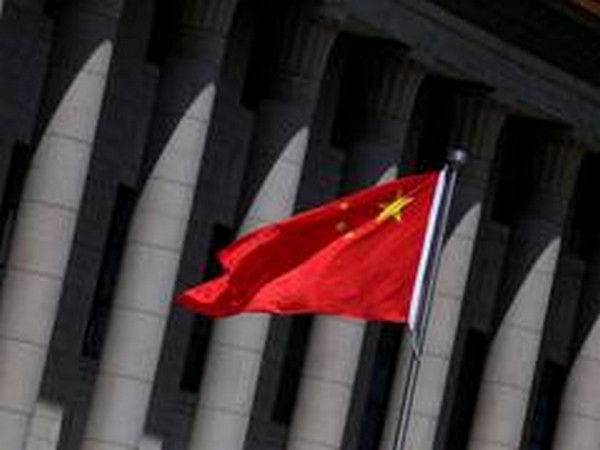Xinjiang human rights controversy is souring relations between China and West: Report
The controversial human rights violations by Chinese authorities in Xinjiang province are contributing to the souring relations between Beijing and West, as per South China Morning Post report.

- Country:
- China
The controversial human rights violations by Chinese authorities in Xinjiang province are contributing to the souring relations between Beijing and West, as per South China Morning Post report. As per the report, the rising tensions pose risks to the new EU-China investment treaty and are creating major headaches for Western fashion brands doing business in China.
Over the issue of human rights abuses, United States had prohibited the importation of products from Xinjiang. Last year, on December 2, the US blocked the import of all cotton products made by the Xinjiang Production and Construction Corps (XPCC), citing concerns that the sprawling, quasi-military entity in northwest China is responsible for the widespread use of forced labour.
The ban included not only XPCC cotton and cotton products but also any products that used XPCC cotton. A week before, on January 13, when Donald Trump left his office as the US president, the US banned all imports of cotton and tomato products originating in China's Xinjiang Uygur Autonomous Region (XUAR).
Meanwhile, US imports from the troubled province more than doubled in 2020 compared to 2019 despite Trump sanctions. The latest data confirms this trend, with US imports from Xinjiang more than doubling in the first quarter this year compared to the first quarter 2020, the report said. It further stated that US imported a wide variety of products from Xinjiang in the first quarter, led by chemical and industrial products, with very few garments included.
However, China consumers joined boycott of western brands not using Xinjiang cotton, displaying power of world's largest retail market. The flurry of sanctions between China and the US, UK, Canada and EU quickly caused a backlash among Chinese consumers.
The day after the sanctions announcement, the Communist Youth League took to Weibo,the Chinese equivalent of Twitter, to complain about a statement issued by Swedish retailer H&M last year that it did not use Xinjiang cotton in its products even while the Chinese retail market was one of its biggest, the report said. The reaction was fast and furious, with H&M, the world's third-largest fashion retailer by sales, facing a consumer boycott, with its products removed from the biggest e-commerce sites.
The backlash quickly spread to other foreign brands like Nike, Adidas and Calvin Klein. Chinese customers were in a dilemma over whether to buy products from H&M, Nike and other brands that had expressed concern about the alleged use of forced labour to produce Xinjiang cotton. According to the report, China believes it has leverage with foreign companies and their governments because of the size of its domestic market - more than one billion consumers.
Beijing has played hardball so far with Western concerns about Xinjiang, as it sees no room for compromise on issues of sovereignty and because it believes the Xinjiang allegations are problematic and short on evidence, the report said adding that it remains to be seen if China's approach will bring results with the West or will backfire. (ANI)
(This story has not been edited by Devdiscourse staff and is auto-generated from a syndicated feed.)










